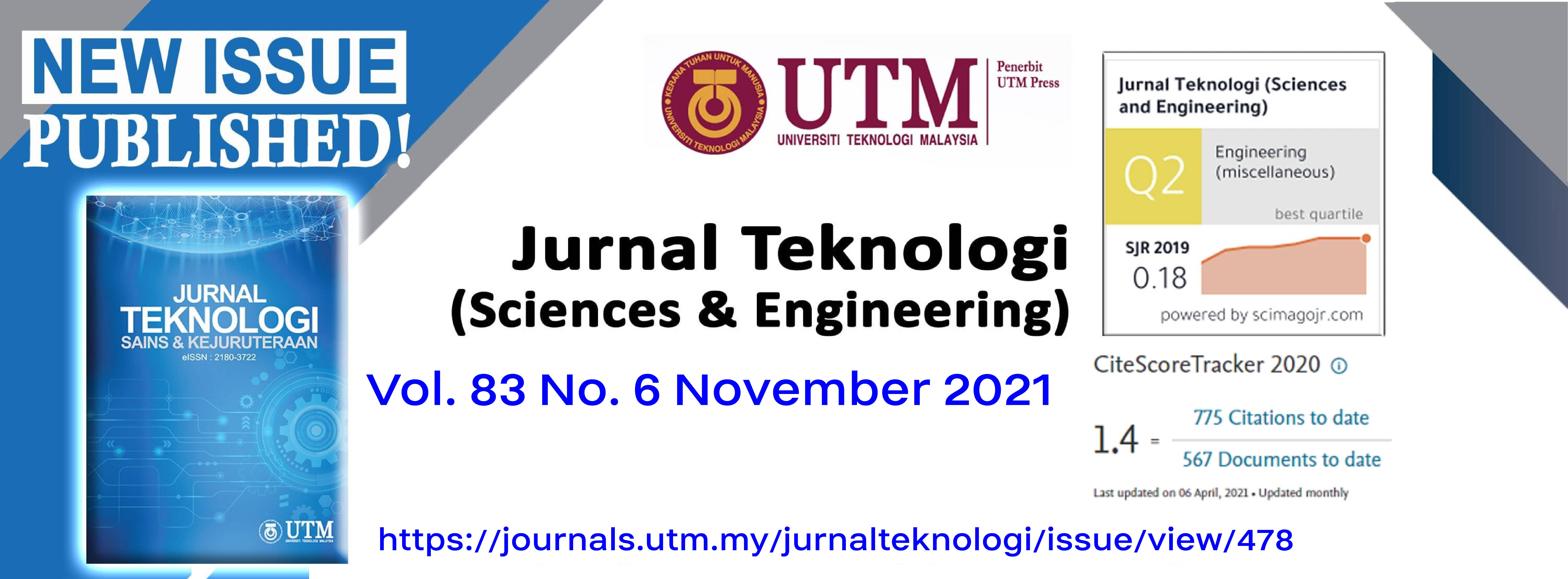LIFE CYCLE ASSESSMENT ANALYZING WITH GABI SOFTWARE FOR FOOD WASTE MANAGEMENT USING WINDROW AND HYBRID COMPOSTING TECHNOLOGIES
DOI:
https://doi.org/10.11113/jurnalteknologi.v83.17199Keywords:
Decision making, food waste management, greenhouse gas emissions, Life Cycle Assessment, windrow composting technologyAbstract
The use of composting technologies to treat food waste (FW) now represents an environmentally friendly form of waste treatment, in which organic matter can decompose biologically. However, the damaging emissions of composting technologies for FW treatment vary, thus a life cycle assessment (LCA) approach is often used to certify the quality of the decision-making process. This study quantifies and compares the environmental impact of two scenarios in Malaysia: windrow and hybrid composting (windrow integrated with a landfill) technologies. The scenario modeling was performed via GaBi v6.0 software using 1 ton of pre-treated FW as a functional unit, with the analysis based on the ReCiPe (H) v1.07 characterization method. The midpoint results revealed that windrow composting technology has a lower environmental impact and is an environmentally friendly option compared to hybrid technology. Treating FW in a windrow scenario has relatively low power requirements for operation with the added advantageous properties of compost production, and a substantial reduction in the distances transferred by the road. The hybrid scenario had the largest negative environmental impact in all categories, such as climate change (1.45E+03 kg CO2 eq), and ozone depletion (4.39E-09kg CFC-11 eq) because of the energy-intensive waste collection and treatment activities it needs, and with no landfill gas filtration. Finally, based on the single score synthesis, windrow is considered as an appropriate treatment with the avoidance of Resource Depletion (6.61E+02 Pt).
Downloads
Published
Issue
Section
License
Copyright of articles that appear in Jurnal Teknologi belongs exclusively to Penerbit Universiti Teknologi Malaysia (Penerbit UTM Press). This copyright covers the rights to reproduce the article, including reprints, electronic reproductions, or any other reproductions of similar nature.
















